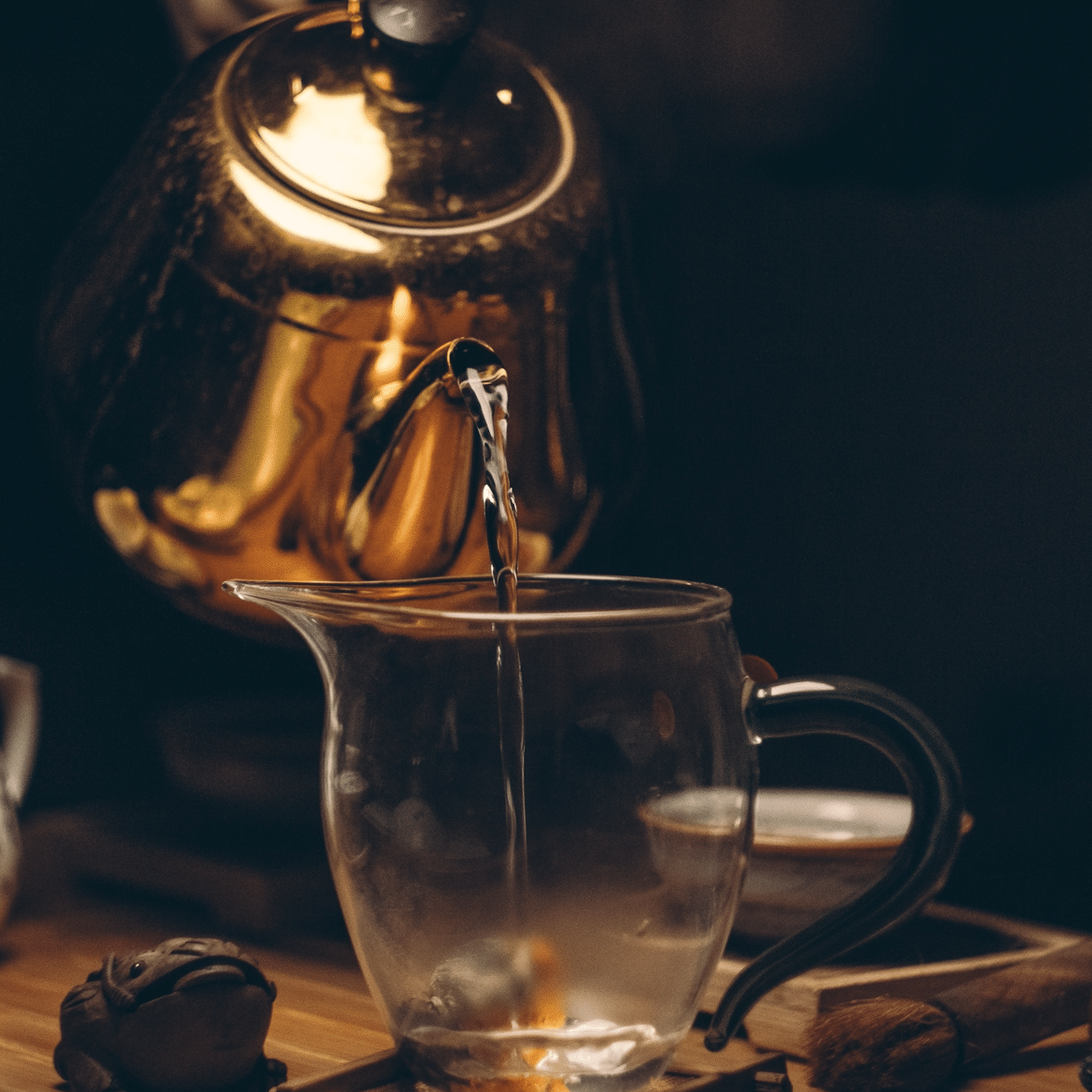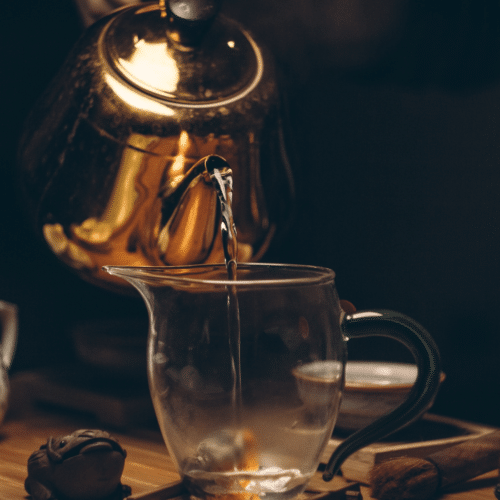Although summer is in its final stretch, that doesn’t mean that the summer-heat will be letting up any time soon. In addition to your regular summer health routine of water bottles, sunscreen, and yoga in the park, let’s look to the Far East and seek out some old Asian practices to cope with those summer health challenges. These practices, developed over thousands of years, are in fact in line with the principles of modern medicine and can be easily integrated into any health regimen. Keep reading for a guide to summer medicine via Asian traditions.

The Principles of Asian Medicine
Before getting into detailed advice and tips, first let’s take a look at the guiding principles of healthy summer living, according to Asian medicine. Here are a few things that are focused upon:
Follow Seasonality
In old agricultural societies, when people had a closer relationship with land and nature, people’s lifestyle practices revolved around the changing seasons. This means eating seasonal, locally sourced food, synchronizing your metabolism with daylight, and taking advantage of the weather for mind and body development. In modern society where everything can be climate controlled, it’s not only healthy but also fun to revisit these traditional practices and feel the rhythms of nature.
Go with the Flow
Due to the changes in temperature, humidity, and daylight, many people would experience discomfort in summer, such as insomnia, mid-day lethargy, suppressed appetite, or agitation. It’s simply your body adjusting to the rhythm of nature. So don’t get more anxious with these symptoms. Make peace with yourself, and listen to what your body wants.
Keep Calm and Be Cool
As an ancient proverb goes, “a calm heart naturally cools down the body.” Instead of having your AC running at full strength, which might cause muscle stiffness and poor ventilation, practice some mindfulness during the summer season. This does not necessarily mean meditation, yoga, or tai-chi, but more so entails being present, being attentive to ourselves and other people, and to nature.
See More: 4 Beat-The-Heat Hairstyles For Your Humid Summer Commute
Asian Summer Health Practices
Now for the fun stuff — how to integrate these themes + practices into your own life. Below are a few Asian summer health practices you can easily adopt to keep cool.
Eat Bitter Vegetables
Asian culture is a big advocate for “eating bitter,” and summer is the right time to load up on bitter vegetables, as they balance the palate, help with digestion, and are important sources of potassium and other electrolytes after heavy perspiration. Of course, people can stick to eating arugula or kale at their favorite salad shops. But for those who decide to go for some in-season Asian delicacies, get a bunch of dandelion from a local grocery store and sautée it lightly with garlic and olive oil, or add some crunchy bitter melon or creamy lily bulbs to a stir fry {available at Asian supermarkets in NYC and Jersey City}. Blanch them in a pot of boiling salt water to mellow the bitterness. The deliciously bitter taste followed by a subtle note of sweetness is surprisingly refreshing.
Eat Light, but Not Necessarily Vegetarian
Given all the benefits of summer veggies, the temptation to “go vegetarian” is strong. However, if not carefully executed, a vegetarian/vegan diet may cause deficiencies in protein, as well as other key nutrients such as iron, B12, and Omega 3 Fatty acid. Asian practices suggest “take[ing] all the elements from nature.” So unless one avoids animal products for medical or religious reasons, integrate some easy-to-digest animal protein into a summer diet, such as grilled fish or lean meat.
For those who want to add some Asian twist to the menu, try a home-made broth made of baby back ribs and watercress/seaweed {example recipe here, also available in certain Shanghai restaurants} spiced with ginger, scallion, anise seeds, and a touch of mirin/ Or a tender ramekin of steamed egg custard with shellfish and vegetables {example recipe here, also available in some Japanese sake bars}..
Eat Exotic Legumes
In ancient times, when meat was beyond affordability to common households, legumes such as edamame and beans were widely consumed in East Asia. These nutrition powerhouses are particularly valuable in hot weather, since they boost digestion, promote heart health, and balance the electrolytes in our system. Summer is the harvest season for many Asian legumes. So if you are tired of the endless rotation of chickpeas and lentils in your salad bowls, get some Asian specialties to diversify your meals. Braise a mung bean and lily bulb soup and chill it in the fridge for a refreshing, protein-rich post-workout drink {example recipe}. Or get some meaty fava beans at the peak of their freshness, widely are available at local grocery stores during the summer season. Shell the beans, throw them into boiling water, and simmer for 10 to 15 minutes. Season lightly with salt, pepper, olive oil, or any condiment you like. It makes for a light but flavorful side dish, or addictive afternoon snack.
Synchronize Your Daily Routine with Daylight
No, one doesn’t have to go to bed early every day. When daylight is long and sunset is late, ancient Asian advice is to go to bed slightly late and get up early, to take advantage of the coolness at dusk and dawn for outdoor exercise and meditation. If your energy runs low after lunch, take a 15-minute nap if you can. {Fun fact, in many Chinese tech companies, where 80-hour workweeks are common, have mandated daily naps}.
Read More: Keming: A Sichuan Restaurant in Uptown Hoboken
Go Against Seasonality
As unintuitive as it may seem, in Asian medicine, summer is actually a good time to manage, mitigate, and treat winter diseases, such as cardiovascular conditions or asthma since the absence of acute symptoms would prevent complications during the treatment. Also, for those who have recurring skin or muscle discomforts in winter, such as frostbite, chafed skin, or joint pain, try acupuncture, herbal baths, or herbal ointments for the condition. The warm weather and humidity would assist healing and prepare the body for a comfortable winter.
Have you adopted one of these practices yet? Do you have any health tips of your own? Let us know in the comments!









